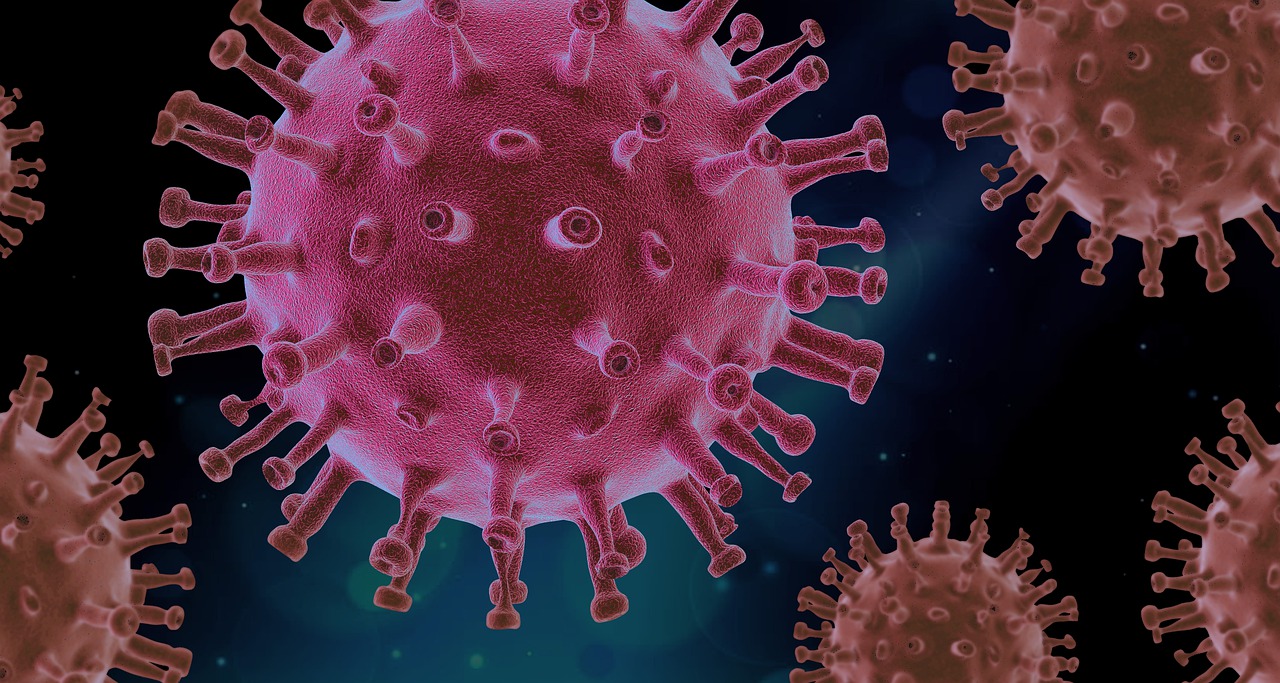Overview
The Learning Network for Countries in Transition (LNCT) is a platform dedicated to supporting countries as they transition away from Gavi support to full domestic financing of their national immunisation programs. LNCT enables practitioners and policymakers in Gavi transitioning countries to access a network of peers, experts, and state-of-the-art resources for understanding and sharing the practical “how-to” of transitioning key immunisation functions and maintaining high performing immunisation programs. Funded by the Bill & Melinda Gates Foundation and the Gavi Alliance, Results For Development Institute (R4D) coordinates LNCT with support in the European region from the Curatio International Foundation.
The Vaccine Confidence Project™ led the vaccine hesitancy workstream for LNCT. The vaccine hesitancy workstream supported LNCT countries in assessing and addressing their vaccine hesitancy issues and in building vaccine confidence capabilities, through in-depth interview, focus group discussion, peer learning, facilitated knowledge exchange and development of strategies.
Findings
Recognizing that addressing vaccine hesitancy is a priority in many LNCT countries, the VCP conducted a landscape to identify the key hesitancy challenges faced by LNCT countries and the strategies they use to address them. To capture and frame country experiences of vaccine hesitancy, the VCP and Curatio International Foundation conducted in-depth interviews and focus group discussions with immunisation experts (e.g. EPI program, Ministry of Health, and National Immunization Technical Advisory Groups (NITAGs)) from LNCT countries. In total, 41 immunisation experts from 12 countries (Armenia, Georgia, Ghana, Indonesia, Lao PDR, Moldova, Nigeria, São Tomé e Príncipe, Sudan, Timor-Leste, Uzbekistan, and Vietnam) participated.
The key findings were that:
- The most prevalent concerns among parents regarded potential side effects of vaccines reported in the media, by GPs, or by people they knew; trust issues around new vaccines; the halal status of vaccines; and distrust in the government.
- Multiple participants reported mistrust of new vaccines and concerns about new products and manufacturers and the impact of rumors and misconceptions.
- Participants referred to healthcare professionals, such as doctors and nurses, as having influence on vaccination decisions. Particularly highlighted were issues with healthcare staff, including healthcare provider attitudes to vaccination and a lack of education on vaccines.
- Many participants stressed the issue of anti-vaccination and misinformation spreading on social media


